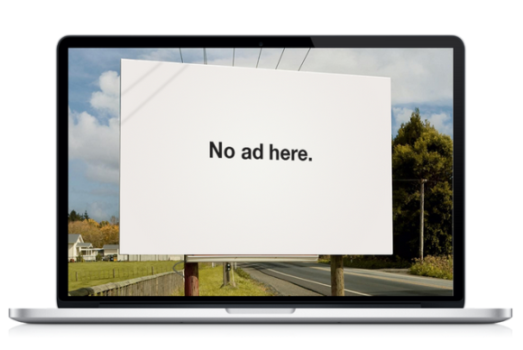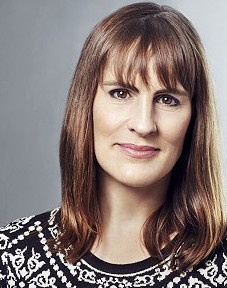APAC Must Start Talking About Ad Blockers

Ad blockers have yet to overtake water cooler discussions in this region; but marketers in Asia-Pacific need to start a bigger conversation about the issue before consumers catch up.
In regions such as the US and Europe, conversations about ad blockers and their impact on the ad industry has been hotly debated much of last year, and continued to be this year. In this neck of the woods, though, discussion has yet to reach similar levels.
This needs to change, according to MediaMath CMO Joanna O'Connell.
"Marketers I spoke with in Singapore aren't thinking about ad blocking [as much], but that level of conversation needs to happen", said O'Connell, who spent a couple of days speaking with clients and industry players in Singapore and Hong Kong earlier this month.

Joanna O'Connell
"Consumers will catch up faster than [marketers]," she said in a phone interview with ExchangeWire, noting that marketers should use this opportunity to focus on ways to improve customer experience. "While ad blocking is becoming a frightful phenomenon, it brings focus on using technology to do a good job of serving meaningful conversation to consumers, at the right time. What's not necessarily there is a cultural readiness to deliver on that, so you'll see consumers effectively voting with their finger by turning on ad blocking."
She noted the need for a proper value exchange, in which consumers should be persuaded to understand that ads helped finance the content that publishers delivered to them for free. And marketers had vested interest in having consumers who liked their products and in building loyalty.
With technology tools already available to help deliver a good ad experience, marketers needed to ensure the right "cultural alignment" within their organisation and a renewed focus on "the human on the other side of the screen".
Good creatives still mattered, O'Connell urged.
"Just because you can target the audiences you want doesn't mean you should do so without the right type of content. Make sure you don't show ads that the consumers don't want to see", she said. "The wrong thing to do is for the industry to come up with blockers to block the ad blockers."
In a note published in November 2015, Forrester described Apple's move to enable ad blocking as "a wake-up call" to advertisers. "Despite the massive hype, and Apple's recent moves in the space, ad blockers still have a long way to go, according to new research, but that doesn't mean marketers should rest on their laurels. Rather, they need to get smart fast and prepare for more changes to come", the market researcher said.
In its 2016 marketing predictions for Asia-Pacific, also published in November 2015, Forrester made no reference of ad blockers, putting the region's focus instead on mobile, customer experience, contextual marketing, and data-driven marketing efforts.
While marketers here did not seem overly concerned about ad blockers, they did express interest to learn and find out more about programmatic, said O'Connell, who joined MediaMath last October, from AdExchanger where she was lead analyst.
The level of interest here, though, appeared to outpace the level of understanding and experience, she said, noting the need for more education among marketers in this region where experience with programmatic seemed more theoretical, compared to the US, where there is more hands-on knowledge.
"Here, there were questions about the technology needed and whether agencies could offer help. Marketers wanted to know about buying programmatically through their agencies; but were unsure about what that meant, what questions to ask, and how to measure campaign success", she added.
Agencies could offer value, said O'Connell, who believed it would be naïve to assume agencies were not needed in the programmatic world. "Because this stuff is hard, and investing in it takes real money, time, and energy on the part of the organisation", she said.
Ad BlockingAdvertiserAgencyAPACBrandingMedia SpendProgrammaticPublisherSingaporeTargeting








Follow ExchangeWire